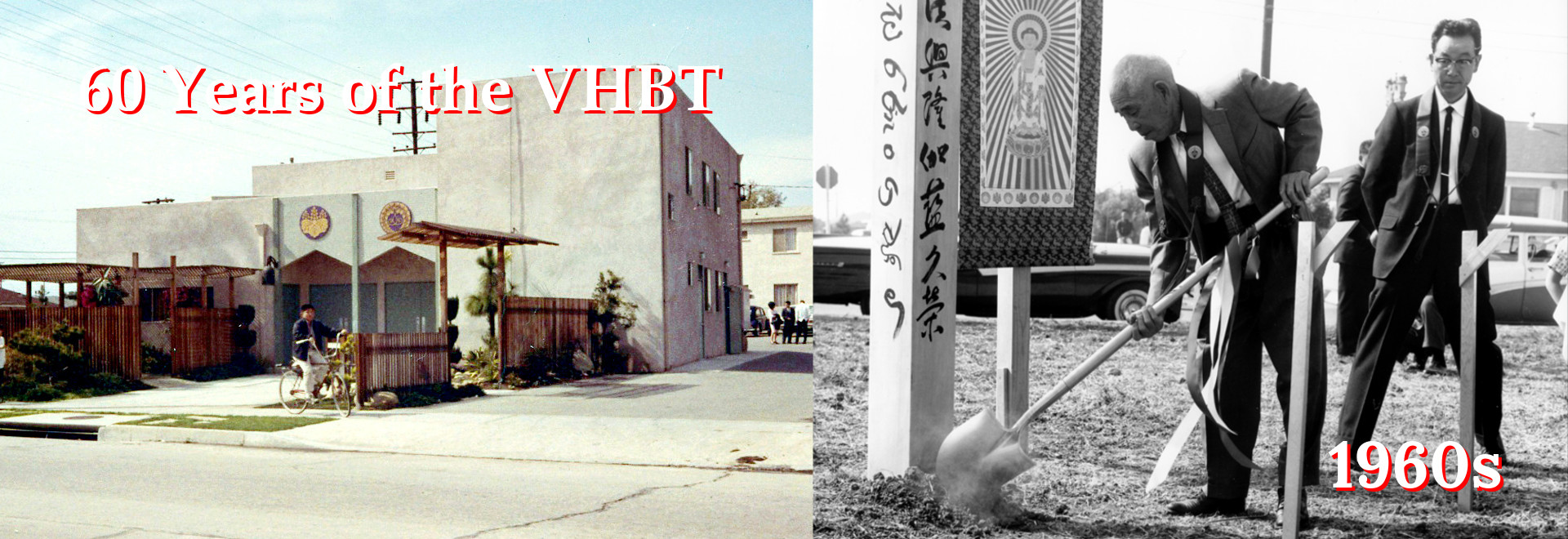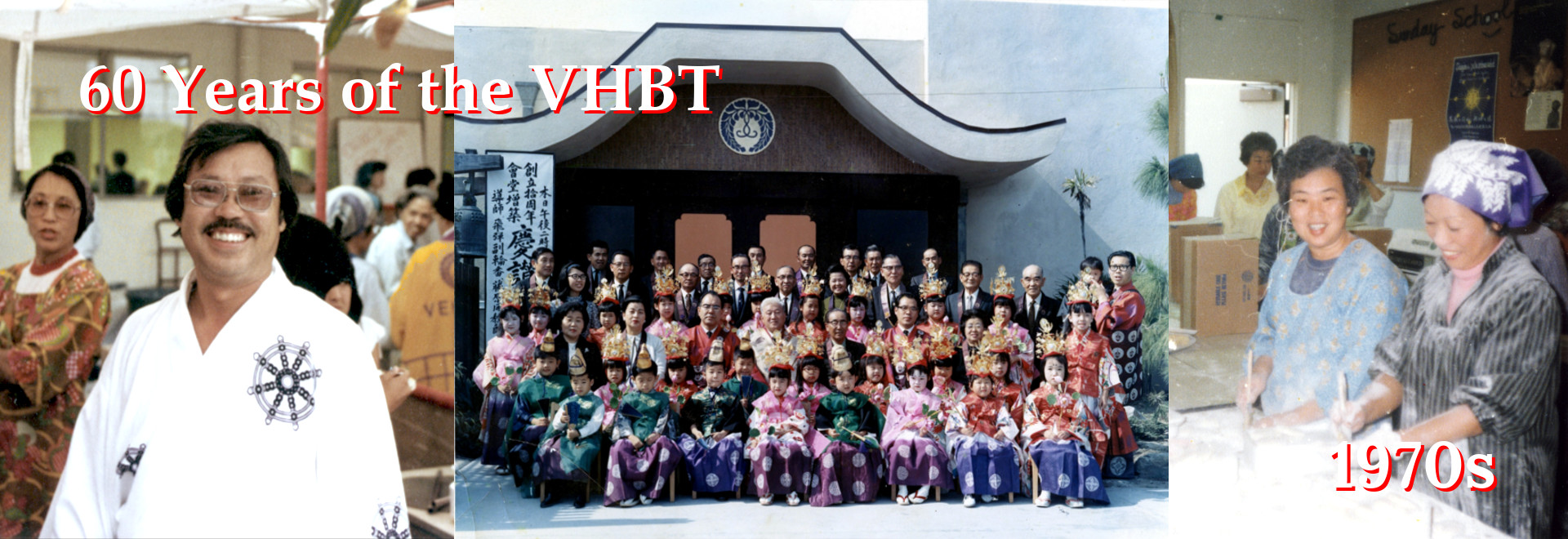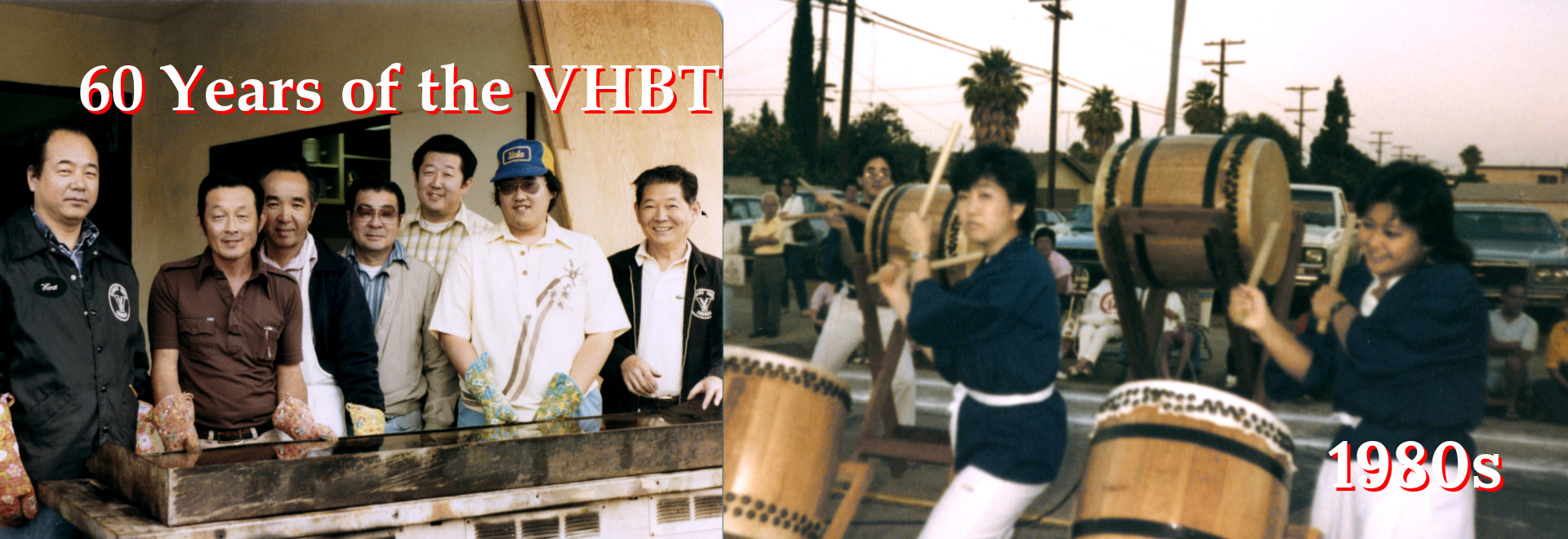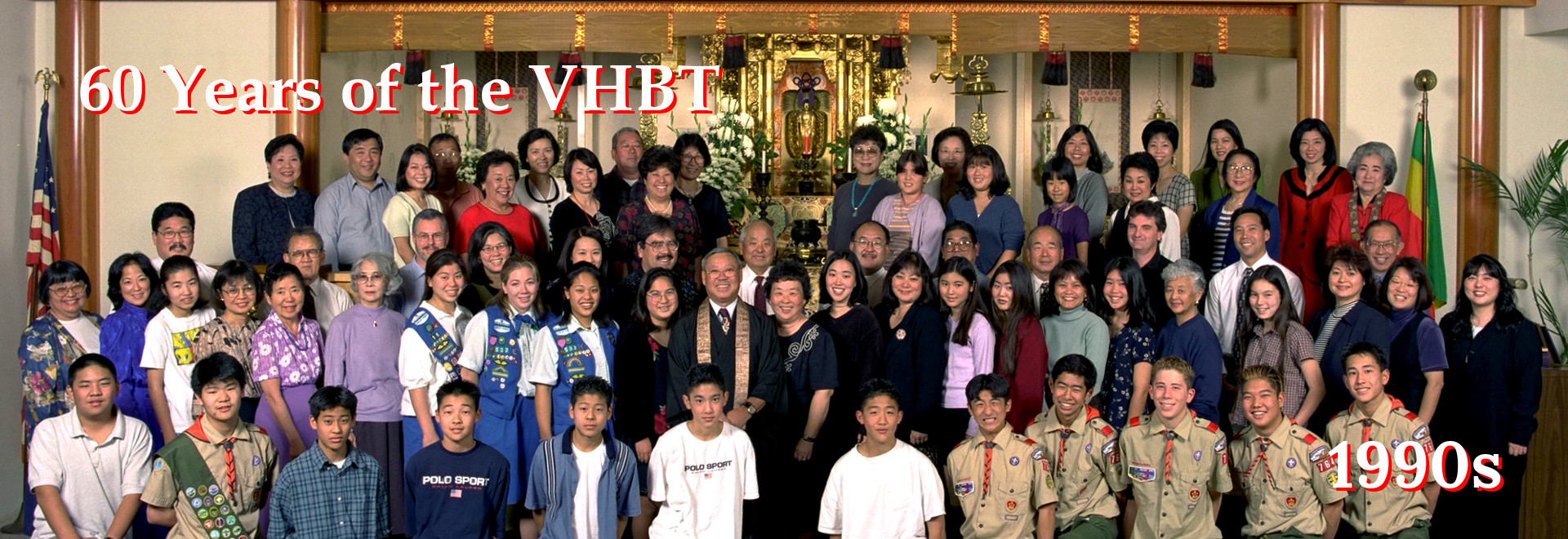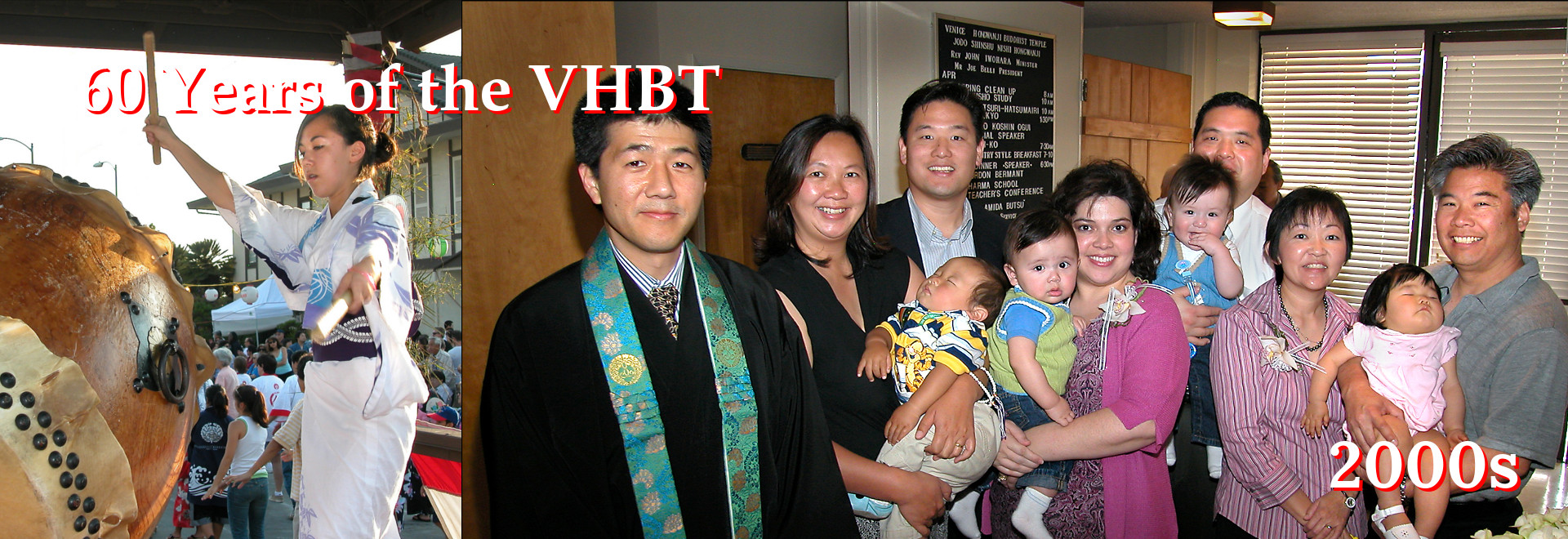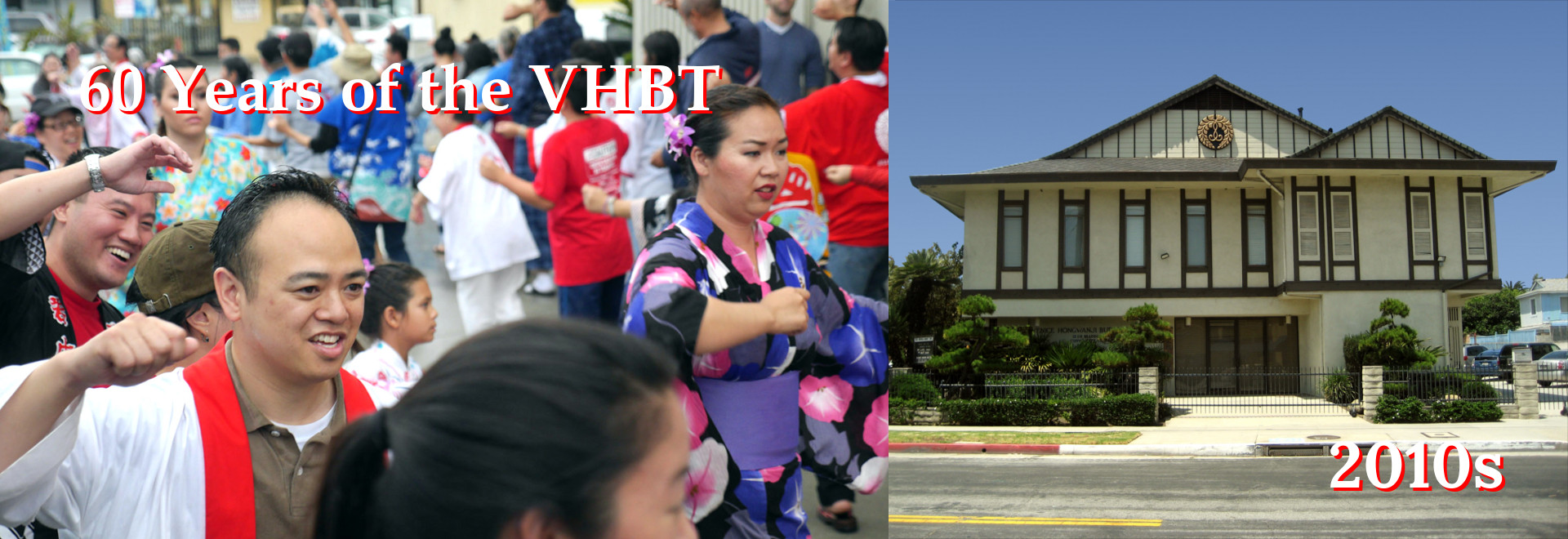Recently there has been a growing discussion and increased distinction between spirituality and religiosity. The distinction is being made because more and more people it seems have a growing mistrust or apprehension towards the organization that flies under the banner of religion. Although I am obviously biased on this issue because I am a member of the clergy of just such an organization, because I choose to stay within the confines of the institution, I also must admit that I find personal meaning in the relationship and less the distinction between spirituality and religiosity.
In having this discussion between the relationship or distinction between spirituality and religiosity, we need to first understand what is “religion.” In looking for the source of the term, its etymology, many connect it with the word “religare” which means “to bind fast.” Part of the reason this is believed to be the source term is also because of the origins to the word “rely” which also is related to “religare.” When the concept was introduced to Japan, the term that was created as a translation for the term was 宗教 (“shuukyou”) which can literally be translated as “essential teaching.”
Of course, because “religion” is itself a construct it is not necessarily critically important to determine what it “is” especially if this dialogue takes us away from the more critical issue of living life, living it well, and living it fully which is what I think is at the core of “spirituality.”
Although it may seem that I have just made an argument in favor of spirituality over religiosity, I think that religion also asks us what is the point of being “tied” or “fastened” or of learning an “essential teaching”? I would answer that it is to help us live a life of meaning or the life fully lived. Life is not just a personal “thing” it is also something that needs and wants to be shared. We discover how religion can bind or keep a community together and how a teaching can become the essence of what it means to share a tradition, a community and life with each other.
Rev. John Iwohara
References:
“religion.” Online Etymology Dictionary. Douglas Harper, Historian. 13 Oct. 2011.
“rely.” Online Etymology Dictionary. Douglas Harper, Historian. 13 Oct. 2011.
「宗教」Wikipedia: The Free Encyclopedia. Wikimedia Foundation, Inc. 10 October 2011. Web. 14 Oct. 2011.
